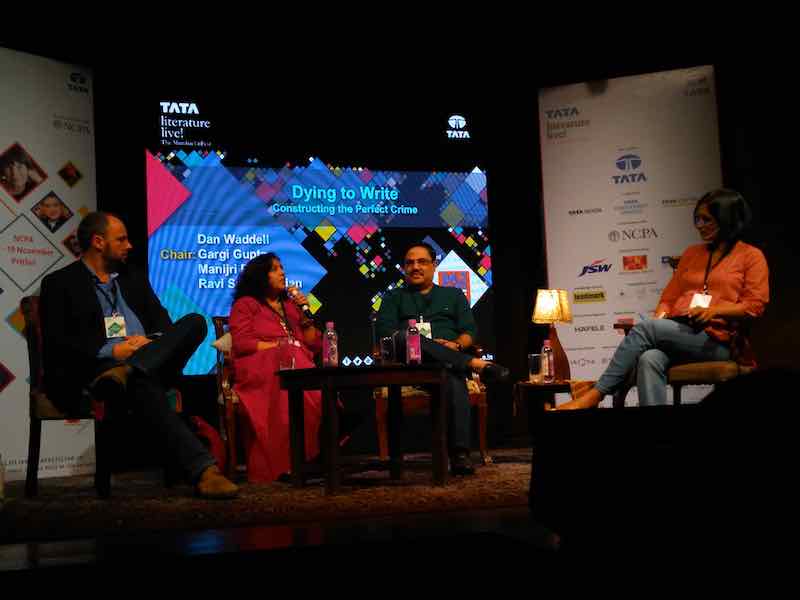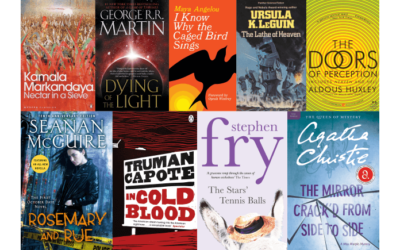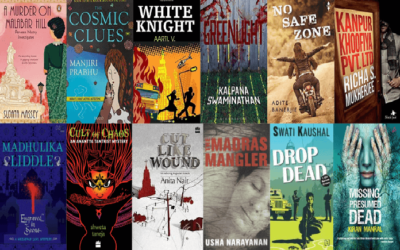Tata Literature Live!
Dying To Write: Constructing The Perfect Crime
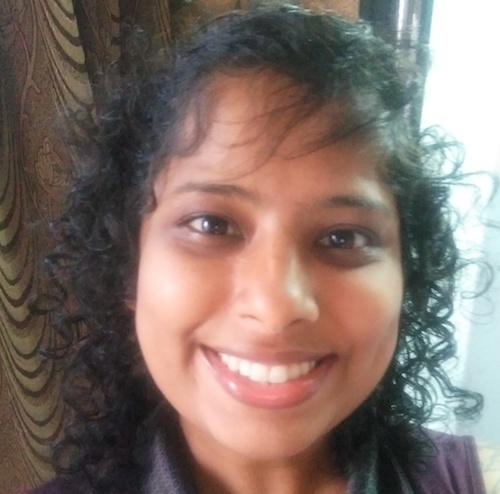
Deepti Thomas
November 25, 2017
This article is part of our special coverage of Tata Lit Live!, a Bombay-based lit fest held between November 16, 2017, and November 19, 2017.
This engaging panel discussion had Dan Waddell (crime novelist, author of The Blood Detective); Manjiri Prabhu (author of The Trail Of Four, and Director of Pune International Literary Festival, fondly referred to as the ‘Desi Agatha Christie’); and Ravi Subramanian (author of If God Was A Banker and winner of the Golden Quill Readers’ Choice Award) take us through the hidden clues for writing mystery novels. The session was chaired by Gargi Gupta (Senior Features Editor with DNA).
During the course of this discussion, the panellists spoke about the important elements which go into writing a popular mystery novel. They shared glimpses of their process and the origin stories of some of their characters.
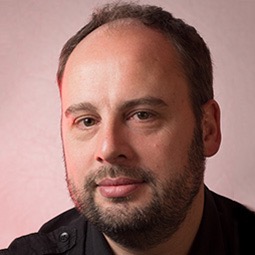
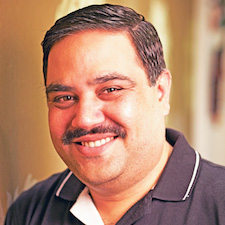
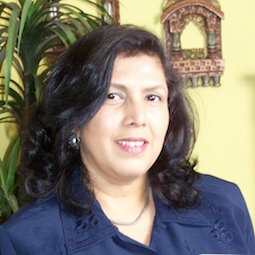
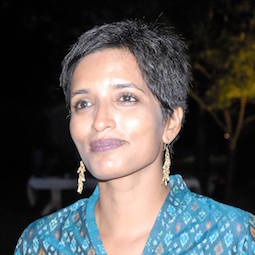
The Setting
The panellists discussed the importance of the locations in which the books are set. Here, Waddell mentioned that he places a lot of importance on psycho-geography – how the history of a place and the stories that lay buried in the walls can have an effect on the emotions and behaviour of a person. London is one such place, he said, where every nook and cranny is replete with stories of the past, often yet to be discovered.
One such story is that of 10 Rillington Place, which was the scene of the horrific crimes committed by John Christie, infamous British serial killer known to have killed at least 8, people, 3 of whom were found buried in the walls of No.10. Waddell lived around the corner but didn’t know he did since the name had been changed to Bartle Road. After being told about it by a taxi driver, he visited the site and recalled how he could sense the ‘darkness’ surrounding the place. Interestingly, there is no longer a building at No. 10; instead, a small garden occupies this site.
Subramanian, on the other hand, chooses places that befit the story – be it a temple or a bank. He narrated the story of how upon learning that the Padmanabhaswamy Temple has gold worth 20 billion dollars in its vault, making it richer than even the Vatican, he was inspired to write a thriller using a temple as the backdrop.
The Detectives: An Astrologer, A Genealogist; And A Banker
Gupta asked Prabhu what inspired her to use astrology as a theme for her novels. Prabhu shared a story from her life: She grew up watching her mother, a noted astrologer, make accurate discoveries, such as the day she discovered the existence of a client’s illegitimate son, unknown to everyone. On that day, Prabhu realised that astrology leaves trails and clues behind, much like a crime scene, and it can be used as a tool to solve mysteries.
Waddell had an interesting reason for making his protagonist a genealogist. In the quest to find his grandparents’ wedding date, he realized that his father was born out of wedlock. It amused Waddell that he was the one to reveal this fact to his father and also made him realise that all families are likely to have some hitherto unknown skeleton(s) in their closet.
For Subramanian, it made sense to make his protagonist a banker since he had been one his whole life and this is what he knew best before he started writing. He knew all the inside stories and thought demystifying banking would make for an interesting read. It was only when one of his readers complimented him for his crime thrillers did he realise that he had now become a crime thriller writer.
The Murder
Waddell stated that the body count metre starts from the first page of his novel. He feels killing people (in literature) in a gory barbaric way can be a deep form of therapy. He joked that one could do a great job writing death scenes if they were to imagine either their exes or the people they hate as the victim.
Prabhu had a different take on murder; it is never the central plot of her stories. A murder is simply one of the events that lead to other facets of the story. Meanwhile, setting and sustaining a high pace of suspense and intrigue in every chapter is what drives Subramanian.
The Motive
Prabhu opined that unlike other genres of writing, crime fiction gives us hope that the mystery would be solved, and the crime would be avenged. Despite all the blood and gore, the novels usually end on a high note, exemplifying that good triumphs over evil.
Subramanian continued in the same vein, noting that in his books it is not a trained detective but a common man who solves the crime. This gives an ordinary person hope of being able to find solutions to any problems he has.
Premeditation?
An audience member asked if the authors were clear on the plot and storyline from the beginning.
Subramanian said he doesn’t detail and flesh out the plot, which unravels as he writes. He narrated how despite having completed 90% of the story of In the Name of God, he still didn’t know who the killer was, causing him to do many edits after the book was complete.
Prabhu, on the other hand, details her plot, knows the killer, and tries to keep the reader on their toes, ensuring she doesn’t give the plot away at any point. Waddell uses a mix of both the techniques; he has a roadmap, and an idea how it will all end, but with the flexibility that it can all change at any moment.
Multiple Murders
Gupta wanted to know if authors start a novel with the intent of turning them into a series.
Waddel remarked that it is often publishers who seek sequels, which require a different style of writing where the characters are developed over the length of the series and not in one go. As a result, there is the threat of not making a strong enough mark in the first book itself.
Subramanian said he likes the challenge of being prepared for 4-5 books and when he writes the first one, he has the plot for the next 3-4 books ready. Using the example of his detective Kabir Khan, he said that he sometimes uses the same name for different characters. He shared that the good part about a series is that if one book becomes famous, all the other books in the series are bought because of it.
Prabhu falls in love with her characters, so these characters grow and evolve with her. She emphasised the importance of continuity of a character only in so far as the story demands it. Another suggestion was to never develop the character fully in one book, as that would slow down the pace of the plot. The different nuances of the character should be revealed as and when needed in the story.
Through this incredibly enjoyable and informative session, we learnt that it is through the talent of the writer that a mundane bank or a graveyard in Notting Hill can become the scene of a nail-biting, edge-of-your-seat mystery novel. Writers may not necessarily follow the same formula in constructing the perfect crime, but they agree that the ingredients are the same: setting, character and plot.
How important do you think the plot is for a mystery novel? Tell us about some of your favourite characters from crime thrillers.
Receive articles like this in your inbox. Subscribe to our weekly newsletter and get the best of what to read from around the web.

Deepti Thomas
Deepti Thomas is a solo traveler and a storyteller at heart. She wonders if there is a Latin version of 'I write therefore I think'. She is often found lost in the passages of either a crime thriller or in the world of Tibetan Energy Medicine with the eternal hope of writing a book she would understand one day.
She works as a freelancer with The Curious Reader and also runs a home bakery for ketogenic desserts. Follow her on Instagram.

